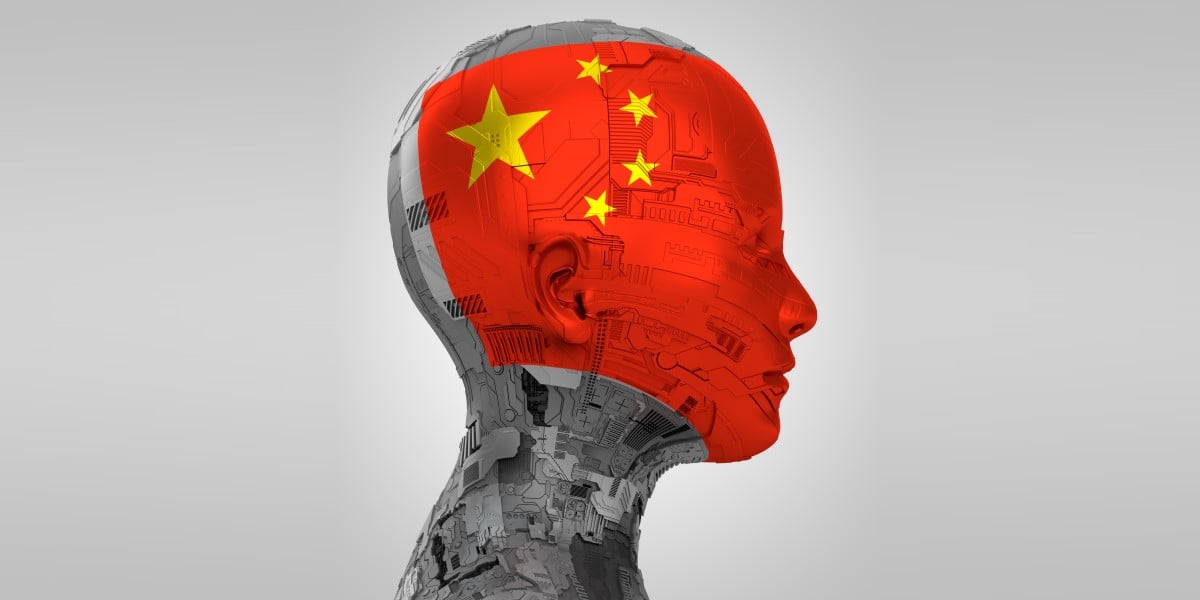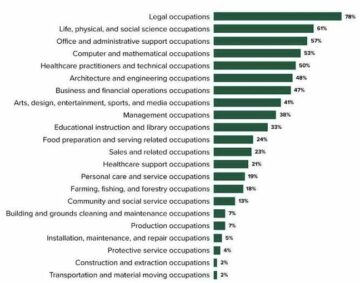
Giant Chinese telco China Mobile, which boasts over a billion customers, wants to purchase nearly 8,000 AI servers.
As revealed in a procurement notice, the carrier wants the boxes to come online sometime before 2025.
The purchase could be split between up between seven vendors.
Local media has referred to the compute acquisition as “the largest centralized procurement of artificial intelligence servers in China to date.” The purchase scale could exceed 15 billion yuan ($2 billion).
China Mobile isn’t the only Middle Kingdom telco working on acquiring AI servers. China Unicom reportedly went to market for 2,500 boxes last month, and China Telecom has also worked to secure some kit.
What the telcos plan to do with the servers remains a mystery. China Mobile operates a hyperscale cloud – one obvious role for its AI servers. Or perhaps the telco will use generative AI for customer service – an application The Register often hears is ideal for the tech.
Whatever the carrier and its peers plan to do with AI servers, the source of their GPUs is a subject of considerable interest.
China is yet to develop a domestic GPU capable of handling modern AI workloads in a timely fashion.
While US-based GPU-makers are able to export their high-end product to China if granted a license to do so, such permission is not likely to be given to China Mobile as it is state-controlled and, like its mega-carrier peers China Telecom and China Unicom, has been named on the US Department of Defense’s “entities identified as Chinese Military Companies.”
US tech export bans were created specifically to stop China’s military accessing advanced tech.
That leaves performance-limited GPUs from US manufacturers as one possible and legitimate option for China’s colosso-carriers.
Other options include illegal smuggling, or simply acquiring servers with those lesser GPUs inside – transactions of a sort that Dell, Supermicro, and Gigabyte are reportedly happy to conduct. ®
- SEO Powered Content & PR Distribution. Get Amplified Today.
- PlatoData.Network Vertical Generative Ai. Empower Yourself. Access Here.
- PlatoAiStream. Web3 Intelligence. Knowledge Amplified. Access Here.
- PlatoESG. Carbon, CleanTech, Energy, Environment, Solar, Waste Management. Access Here.
- PlatoHealth. Biotech and Clinical Trials Intelligence. Access Here.
- Source: https://go.theregister.com/feed/www.theregister.com/2024/04/24/china_telcos_buying_ai_servers/
- :has
- :is
- :not
- $UP
- 000
- 15%
- 2%
- 2025
- 500
- 8
- a
- Able
- accessing
- acquiring
- acquisition
- advanced
- AI
- also
- an
- and
- Application
- ARE
- artificial
- artificial intelligence
- AS
- Bans
- BE
- been
- before
- between
- Billion
- billions
- boasts
- boxes
- capable
- centralized
- China
- chinese
- Cloud
- CO
- come
- Companies
- Compute
- Conduct
- considerable
- could
- created
- customer
- Customer Service
- Customers
- Date
- Defense
- Dell
- Department
- develop
- do
- Domestic
- entities
- Ether (ETH)
- exceed
- export
- Fashion
- For
- from
- generative
- Generative AI
- given
- GPU
- GPUs
- granted
- Handling
- happy
- High-End
- HTML
- HTTPS
- ideal
- identified
- if
- in
- include
- inside
- Intelligence
- interest
- isn
- IT
- ITS
- jpg
- Kingdom
- kit
- largest
- Last
- leaves
- legitimate
- lesser
- License
- like
- likely
- Manufacturers
- Market
- Middle
- Military
- Mobile
- Modern
- Month
- Mystery
- nearly
- obvious
- of
- often
- on
- ONE
- online
- only
- operates
- Option
- Options
- or
- over
- peers
- perhaps
- permission
- plan
- plato
- Plato Data Intelligence
- PlatoData
- possible
- procurement
- Product
- purchase
- referred
- remains
- reportedly
- Revealed
- Role
- s
- Scale
- secure
- Servers
- service
- seven
- simply
- So
- some
- sort
- Source
- specifically
- Spending
- split
- Stop
- subject
- such
- T
- tech
- Telco
- telecom
- that
- The
- The Source
- their
- those
- timely
- to
- Transactions
- us
- use
- vendors
- wants
- went
- were
- which
- will
- with
- worked
- working
- yet
- Yuan
- zephyrnet











